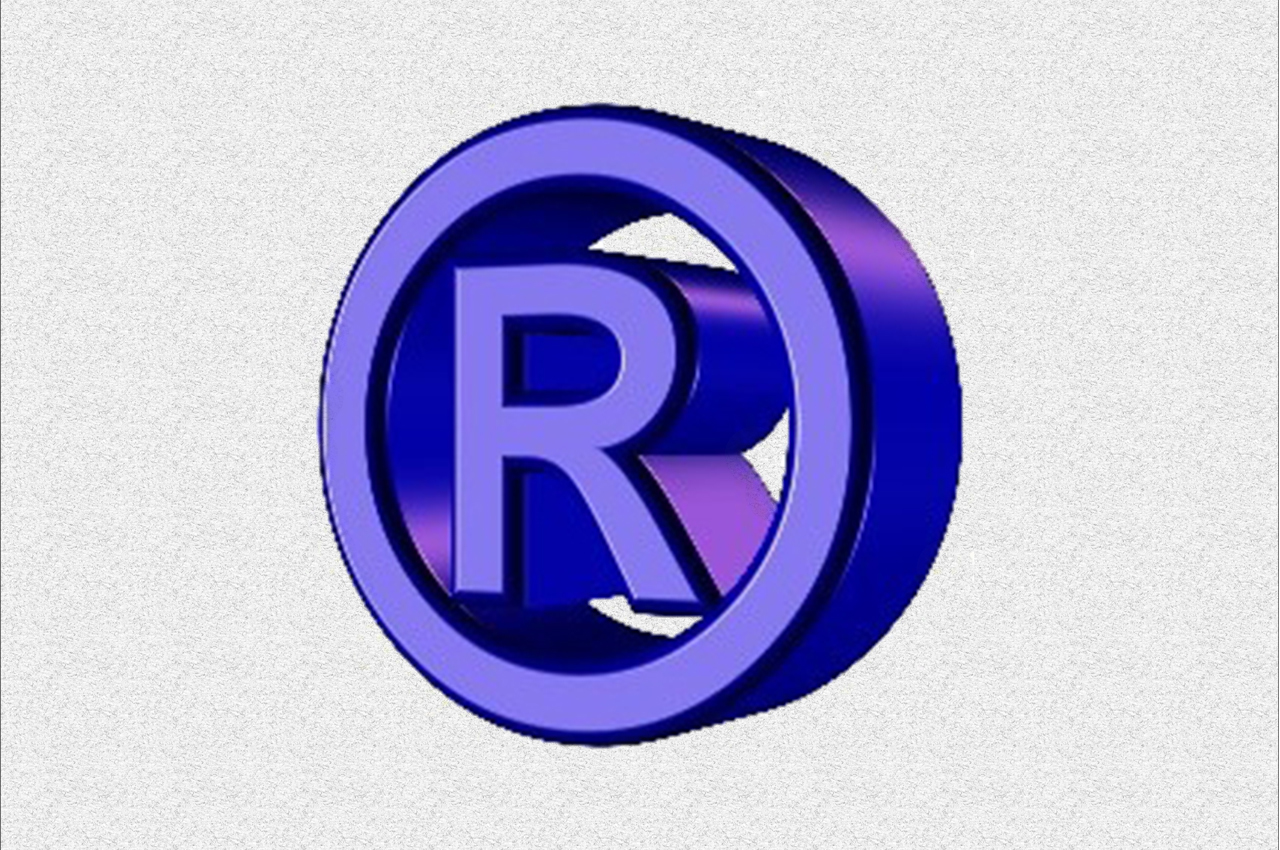Resources
Trademarkology
Is “Google” generic? If only there were a way to search for the answer on the internet!

You know you’ve been successful when the name of your product is so prominent that the public uses it to refer to that whole class of product. When that happens, there’s good news and bad news. The good part is that your product must be dominating its field. The bad part is that you may forfeit your trademark rights in your product’s name. Google is now dealing with a claim that the word “google” has reached that point and is available for everyone to use.
A word that is the name of a type of product is the generic term for that type of product. Generic terms get no trademark protection. When the public generally uses the name of a specific product as a generic term, it becomes a case of “genericide” â a killing of the trademark by becoming generic.
The situation is not common, but it happens. A number of common words began as trademarks but passed over into unprotectable generic terms. Aspirin, for one. And escalator. And cellophane. Dry ice. Thermos. Trampoline. For some of those, there are other words we could use for the product, but it’s easy to see why we prefer to call it “aspirin” rather than “acetylsalicylic acid.” For others, the term is so ingrained that it’s hard to think of what else we would call the product: what’s the alternative to “trampoline”?

By 14 Mostafa&zeyad (Own work) [CC BY-SA 4.0 (http://creativecommons.org/licenses/by-sa/4.0)], via Wikimedia Commons
For obvious reasons, owners of dominant trademarks are not keen to have their marks cross over the line to become generic terms. When that happens, their formerly valuable mark, which only they were allowed to use on their product, becomes fair game for everybody to use. That is why the owners of dominant marks often make efforts to “police” use of their marks, or at least to remind the public that it’s a trademark, not a generic term. We used to see ads every so often reminding us that “Xerox” was a trademark, so you could ask someone to “make a photocopy” of a document, but you shouldn’t ask them to “xerox” it. (The growth of major competitors to Xerox probably alleviated that problem.) Other product names that have fought this battle include “Kleenex,” “Clorox,” “Gore-Tex” and “BoTox.”

Which brings us to Google. On August 14, 2017, David Elliott and Chris Gillespie filed papers asking the Supreme Court to consider whether the term “Google” has become generic. The dispute arose when Elliott and Gillespie (who I’ll call E&G) registered over 700 domain names including the word “google” plus names of companies, products, people, places, etc. â such as “googledisney.com” and “googlemexicocity.com.” Google objected and won, and E&G countered by trying to get Google’s registrations for the GOOGLE trademark cancelled on the ground that it is a generic term.
Their argument in Arizona federal court was that, because people use “google” as a verb meaning “to perform an internet search,” the mark has become generic. Google’s response was that even if people use the term generically as a verb, that doesn’t mean that it is generic for search engines. The federal trademark law allows a registration to be cancelled when the mark “becomes the generic name for the goods or services . . . for which it is registered,” but as Google pointed out, its registrations cover “computer hardware; computer software for creating indexes of information, indexes of web sites and indexes of other information resources” and other, longer descriptions â but the point is that the registrations cover providing a search engine, not the act of searching the internet. Because all of E&G’s evidence went to use as a verb rather than use as the name of the goods and services Google’s mark is registered for, Google argued that the evidence didn’t prove anything about the real question in the case. The district court in Arizona agreed and dismissed the case, and the Court of Appeals for the Ninth Circuit affirmed the dismissal. (See here.)
So now E&G are taking their last shot by filing a petition for writ of certiorari at the U.S. Supreme Court. It will be a while before we know anything about whether the Court will take the case. The Court denies most petitions without even requesting a response from the other party. If the Court is at least somewhat interested it will ask Google to file a response, and then determine whether to take the case. Even if the Court decides to hear the case, that’s no guarantee that E&G would win. There’s a long way to go before we ditch the term “search engine” and start referring to Bing as a “google.”
Read more from Trademarkology



